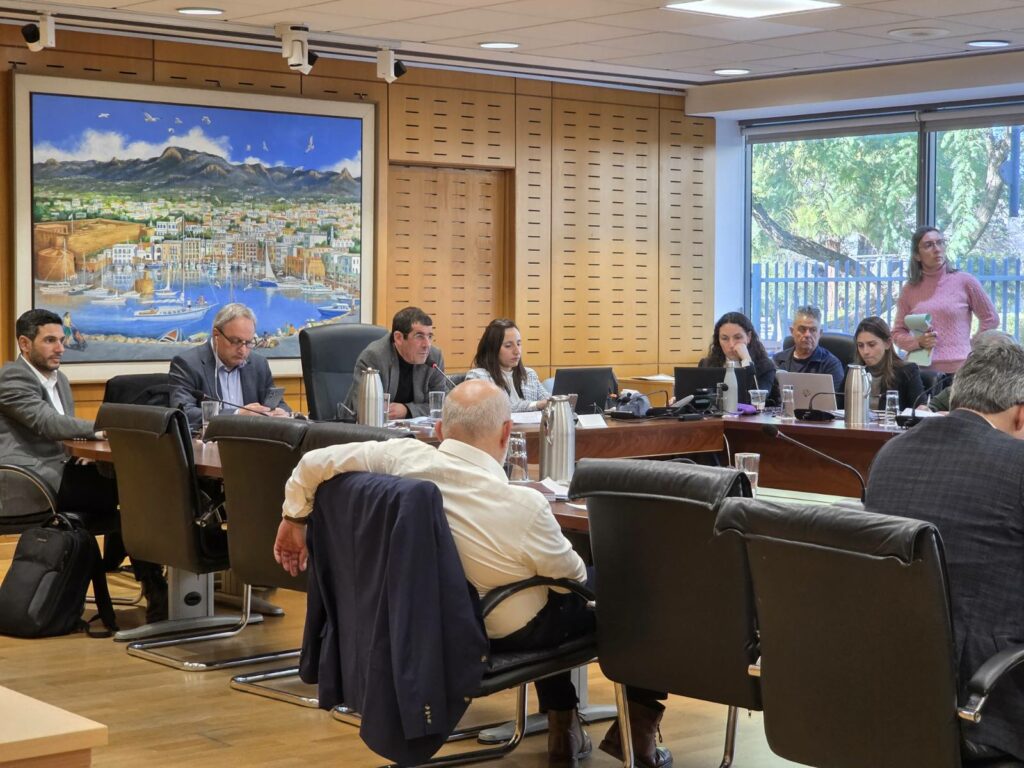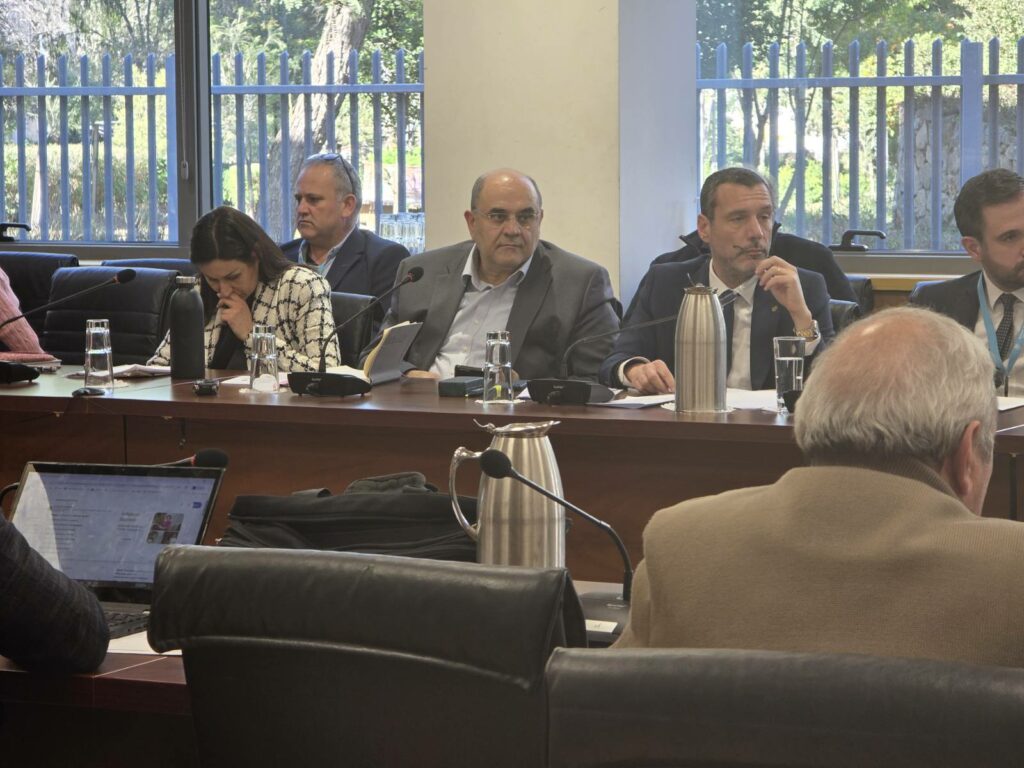Wispr, an innovator in the voice AI sector, is rapidly establishing its presence with its flagship dictation app, Wispr Flow. Early usage statistics reveal that after just three months, an average user dictates more than half of all their characters through the app. Moreover, the startup has successfully penetrated the Fortune 500 ecosystem, engaging 270 industry giants and securing 125 enterprise partnerships.
Robust Funding and Strategic Board Developments
The company’s upward trajectory is accentuated by significant capital injections. Following a $30 million round led by Menlo Ventures in June, Wispr has raised an additional $25 million in a round spearheaded by Notable Capital, with participation from Steven Bartlett’s Flight Fund. This latest infusion brings Wispr’s total funding to $81 million. Notably, Notable’s Hans Tung—whose investment portfolio includes Affirm, Airbnb, Slack, Coinbase, Anthropic, and TikTok—is now on board as an observer, reflecting high-level confidence in the company’s vision.
Follow THE FUTURE on LinkedIn, Facebook, Instagram, X and Telegram
Compelling Growth Metrics and User Engagement
Wispr’s CEO, Tanay Kothari, highlighted that Wispr Flow has experienced an impressive 40% month-over-month growth since June. The dictation platform has also enjoyed remarkable adoption within the venture capital community, attracting substantial inbound interest from investors. Kothari noted, “We were not planning a raise due to our long runway and lean team, but when the opportunity arose with Hans and Steven, it aligned perfectly with our strategic roadmap.”
Strategic Enhancements and International Expansion
In addition to solid user growth—evidenced by a 100x year-over-year increase and a 70% retention rate over 12 months—Wispr is actively addressing early challenges. Initially, non-technical users struggled to fully utilize the app’s capabilities beyond the built-in dictation feature. In response, the company introduced a refined user onboarding flow that directs users to apply dictation across their most-used apps. Furthermore, while the platform is currently available on Windows, Mac, and iOS, Wispr is set to launch a beta Android version by year-end, with a full release planned for Q1 2025.
Advancing Technology With AI and Automation
Wispr is now investing in the development of proprietary voice models to deliver personalized Automatic Speech Recognition (ASR), aiming to lower the need for post-dictation edits. The company boasts an error rate of around 10%, significantly outperforming alternatives such as OpenAI’s Whisper at 27% and Apple’s native transcription at 47%. Beyond dictation, Wispr envisions its app evolving into a voice-led operating system capable of automating tasks such as email responses.
Market Position Amidst Growing Competition
Even as venture capital interest surges, Wispr faces competition from emerging contenders like YC-backed Willow, Aqua, and Monologue among others. Nonetheless, industry leaders have noted Wispr Flow’s seamless user experience and robust design as key differentiators in a crowded market.
Looking Ahead
Kothari remains optimistic about the company’s future, with plans to fuel international growth and explore new product opportunities. The recent funding round promises to secure top-tier machine learning talent, ensuring that Wispr remains at the forefront of the AI dictation revolution.









